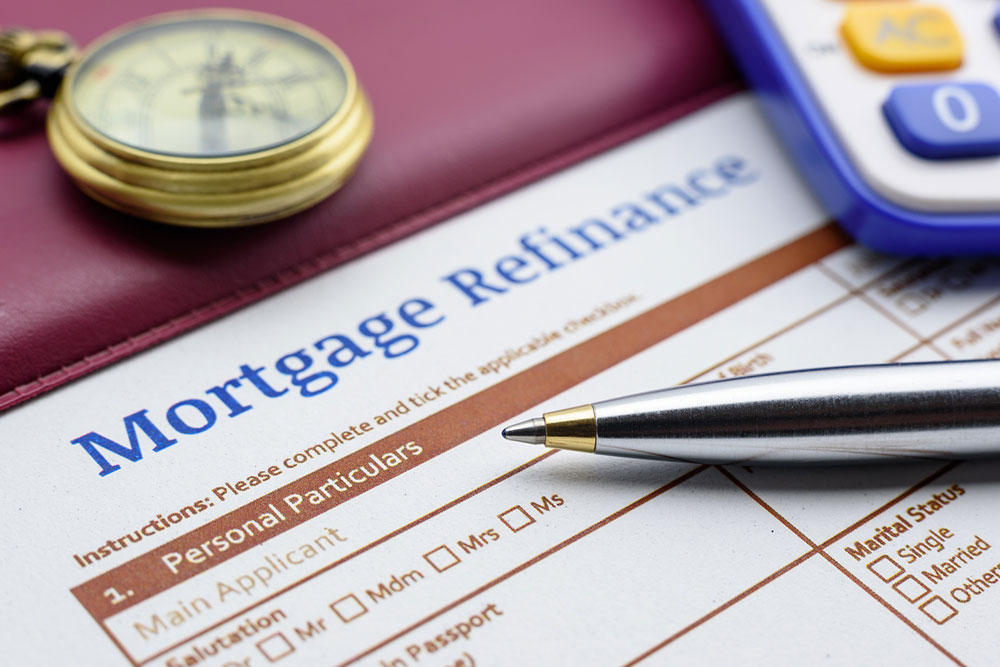Comprehensive Guide to Refinancing Your Home Loan: Benefits and Drawbacks Explained
Refinancing your home loan can lead to significant financial benefits such as lower interest rates and access to additional cash, but it also involves costs and risks like penalties and closing fees. This comprehensive guide explores the advantages and disadvantages of refinancing to help homeowners make informed decisions. By understanding the intricacies of refinancing—including savings opportunities and potential pitfalls—homeowners can evaluate whether this financial strategy aligns with their long-term goals. Proper research and expert advice are crucial in maximizing benefits and avoiding common mistakes in the refinancing process.

Understanding the Pros and Cons of Home Loan Refinancing
Refinancing your home mortgage is a significant financial decision that can offer numerous advantages but also comes with certain risks. It involves replacing your current mortgage with a new one, often with more favorable terms, to reduce monthly payments, access cash for important expenses, or change lenders. This process is popular among homeowners looking to capitalize on lower interest rates or to better align their mortgage with their financial goals. However, before you decide to refinance, it's essential to understand both the key benefits and potential disadvantages associated with this financial move.
One of the main reasons homeowners opt to refinance is the opportunity to secure a lower interest rate. When interest rates drop compared to your original mortgage, refinancing can significantly decrease your monthly payments, easing your financial burden. This feature makes refinancing particularly attractive during periods of declining interest rates or when your credit score improves, making you eligible for better lending terms. Lower interest rates can translate into substantial savings over the life of the loan, allowing you to dedicate those savings toward other financial priorities such as savings, investments, or paying down debt.
Beyond simply reducing interest rates, refinancing provides an opportunity for homeowners to access their accumulated home equity. This can be particularly useful for large expenditures, such as funding education, home renovations, or consolidating higher-interest debts like credit card balances. Tapping into home equity allows homeowners to leverage the value of their property to improve their financial flexibility. Renovating your house can enhance its market value and increase your living comfort, making refinancing an attractive option for those planning major upgrades or remodeling projects.
Nevertheless, refinancing is not without its risks. One significant consideration is the potential penalties associated with paying off your existing mortgage early. Some lenders impose prepayment penalties, which can amount to thousands of dollars, thereby offsetting some of the benefits gained through refinancing. Additionally, refinancing involves upfront costs, including closing costs, appraisal fees, legal fees, and other administrative charges. These costs can quickly add up, so it’s crucial to compare them against the anticipated savings to determine if refinancing truly makes financial sense for you.
Furthermore, refinancing could extend the duration of your loan if you switch to a longer-term mortgage, possibly resulting in paying more interest over the life of the loan despite lower monthly payments. It’s also important to consider market conditions and your future plans; locking into a new loan when interest rates might fall even further can sometimes work against you if the timing is not optimal.
In summary, refinancing your home mortgage offers distinct advantages such as lower interest rates, increased financial liquidity, and the opportunity to fund major expenses or renovations. However, homeowners must carefully evaluate the potential drawbacks, including prepayment penalties, closing costs, and extended loan terms. Conducting thorough research, consulting with financial advisors, and understanding your long-term financial goals are essential steps before proceeding with a refinance. With careful planning and analysis, refinancing can be a powerful tool to improve your financial stability and achieve your homeownership objectives.





